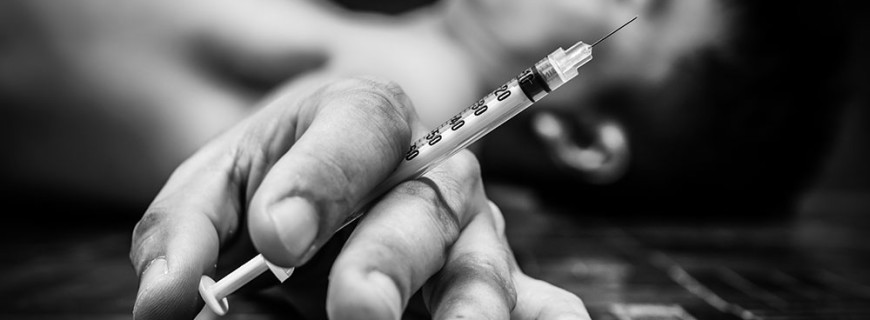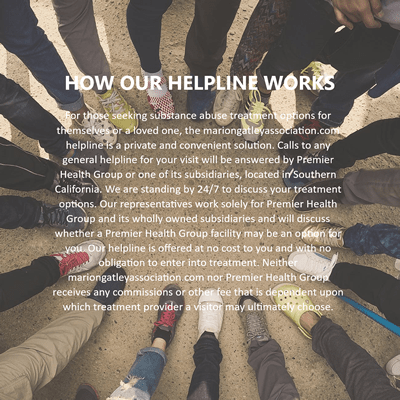An overdose is one of the most dangerous things that can happen when taking recreational drugs. Drugs are never safe, but very few situations offer the same sort of immediate threat to a person’s life. They have always been a threat, but the number of deaths due to drug overdoses has been increasing in recent years. (Centers for Disease Control, 2014)
If you think that someone you love might be using drugs, then it is very important that you learn the signs of an overdose so that you can be recognize the danger and call for help in an emergency.
Symptoms of an Overdose
The symptoms of a drug overdose will vary depending on the drug in question. Drugs that have similar effects on their user often produce similar symptoms during an overdose, so it many organizations such as the National Council on Alcoholism and Drug Dependence break them up into two categories.
Stimulants, such as amphetamines, often cause pain during an overdose. Chest pains and strong headaches are especially common. They can also cause overheating, and patients often find it very difficult to breath during an overdose. The overdose can also cause seizures, which can lead to significant injuries or even death. Mental symptoms such as hallucinations and paranoia are harder to detect, but they can also indicate a dangerous overdose.
Depressants, such as heroin and morphine, are often less painful but just as dangerous. Overdosing on a depressant usually involves confusion or unconsciousness. Most patients also have trouble breathing, which can lead to fingers and toes turning blue. It’s relatively common for the airway to get blocked, which leads to a gurgling sound as the patient tries to breathe. Both the sound and the discolorations are signs that the patient needs medical help as quickly as possible.
Preventing Overdoses
An ounce of prevention is worth a pound of cure. The best way to treat an overdose is to make sure that it never happens in the first place. Accidental overdoses can happen to anyone who uses drugs. You should keep an eye on your friends and family for signs of drug use. Some of those signs are physical such as bloodshot eyes, sudden weight loss or gain, but mental and social signs such as sudden changes in behavior, mood swings, and paranoia are also important.
Some drug overdoses are deliberate, and those come with a different set of warning signs. Extended periods of depression, extensive research into the doses that can cause an overdose, giving away treasured possessions, and sudden efforts to settle their affairs can all be signs of danger. Many people in this condition start using recreational drugs, so there can be some overlap with the previous set of warning signs.
If you think that you or your loved ones are at risk, you should seek help immediately. That might mean sitting down and talking through their problems, or it might mean checking into rehab. Every situation will be different, but the most important thing is resolving the problem before it gets worse.
Treatment
If you see someone who is suffering from a drug overdose, you should call 911 immediately. If you are trained in first aid, you should use your skills as necessary if the victim has stopped breathing. If you aren’t trained, you should try to find someone who does have training if at all possible. If the emergency medical services give you instructions, follow them.
Treatment for the overdose needs to be followed by treatment for the problems that caused it. Intervention Drug Rehab can help with addiction treatment. It is never too late to get started with. If you notice signs of addiction, don’t let it get to the point of potential overdose to finally get help. Get help today and potentially save a life.



